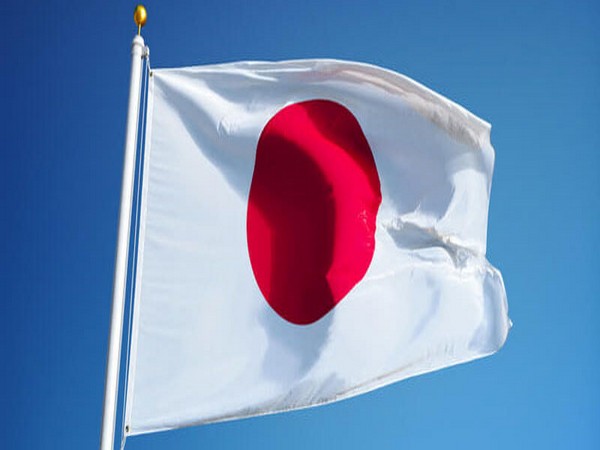
Japan to craft guidelines to root out rights violations in textiles in Xinjiang: Report

Tokyo [Japan], July 12 (ANI): Amid Beijing’s ongoing tussle with foreign companies over forced labour in Xinjiang, the Japanese Ministry of trade and industry called on the textile industry to craft guidelines to root out human rights violations and to strengthen measures to address environmental issues, according to a report published on Monday.
According to Nikkei Asia Newspaper, the Japan Textile Federation will coordinate with the human rights violations to draft the guidelines by next year. They are expected to include provisions for assessing potential human rights violations relating to fair work hours and wages, as well as the presence of child labour. Companies would use the guidelines in monitoring suppliers.
The federation will look to the example set by the Japan Electronics and Information Technology Industries Association, which issued similar guidelines last year.
The United Nations and the Organisation for Economic Cooperation and Development have outlined frameworks for companies to monitor supply chains for human rights abuses. In June, the Group of Seven wealthy nations expressed concern about forced labor in the garment industry — a veiled reference to the labor of the Uyghur Muslim minority allegedly used in producing cotton in Xinjiang, reported Nikkei Asia.
Earlier, in the month of May, Japanese sportswear firm Mizuno Corporation announced its decision to stop using cotton sourced from China’s Xinjiang region, believed to reflect concern amid allegations of human rights abuses by Beijing against the Uyghur Muslims.
The firm said that the output of products containing Xinjiang cotton will be discontinued and will not be restocked once sold out.
Western apparel companies have also taken stands against the use of Xinjiang cotton as well.
Meanwhile, US Customs and Border Protection blocked a shipment of men’s shirts for the Uniqlo casual clothing chain in January for allegedly violating an import ban on items containing cotton sourced from Xinjiang, Kyodo News reported.
China has been rebuked globally for cracking down on Uyghur Muslims in Xinjiang by sending them to mass detention camps, interfering in their religious activities and subjecting them to abuse including forced labour.
Beijing, on the other hand, has vehemently denied that it is engaged in human rights abuses against the Uyghurs in Xinjiang while reports from journalists, NGOs and former detainees have surfaced, highlighting the Chinese Communist Party’s (CCP) brutal crackdown on the ethnic community.
The US banned imports of cotton and tomato products from Xinjiang in January, and Canada and the United Kingdom followed suit. Many international brands, including H&M, Nike and Ralph Lauren, have also gone on record to declare their products are not made from Xinjiang cotton.
H&M was forced to close 20 stores in China following its statement on forced labour in Xinjiang that leads to uproar among Chinese nationals and authorities. Meanwhile, Denmark, Estonia, Finland, Iceland, Latvia, Lithuania, Norway and Sweden have issued a joint statement expressing grave concern at the human rights situation of Uyghurs and other Turkic Muslim minorities in China’s Xinjiang province. (ANI)

















POST COMMENTS (0)